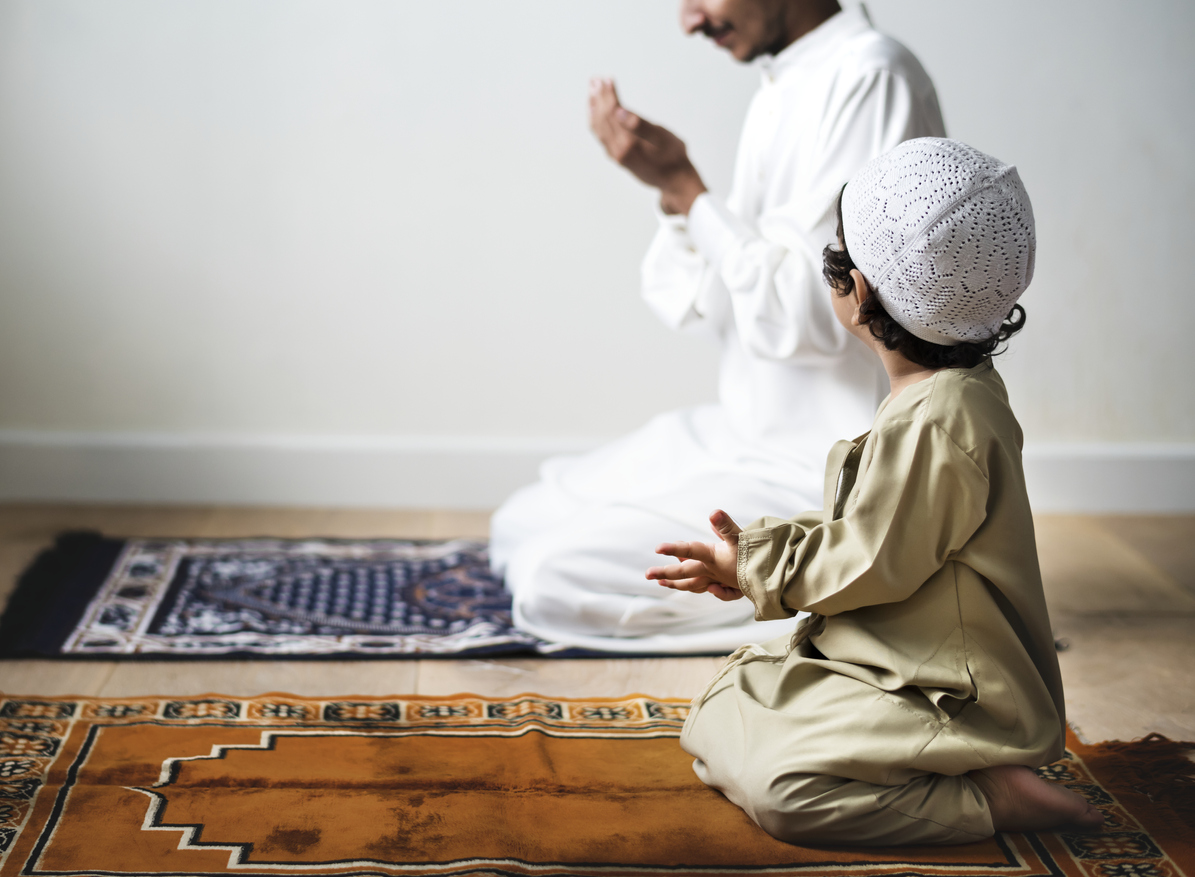Victims from Friday’s mosque shooting will begin to be buried this week.
Fifty people died in the shooting and 31 people remain in hospital. Writing on RNZ, Anjum Rahman from the Islamic Women’s Council of New Zealand detailed repeated attempts to lobby Government to stem discrimination against their community.
The SMC gathered expert comment on the experiences of New Zealand Muslims.
Previous comments are available on:
– Gun control
– Live-streaming of traumatic events
Professor Mohan Dutta, Dean’s Chair in Communication, Massey University, comments:
“The terrorist attacks in Christchurch reflect the global rise in Islamophobia – hatred toward Muslims – cultivated by political parties, media organisations, and a wide range of hate industries.
“The trope of the ‘Islamic other’ organises hatred, anchoring a wide array of violent behaviours. Existing scholarship documents that this hatred is often generated and circulated in the mainstream, securing its legitimacy from political parties and often driving the campaign strategies of parties. The rise of Right Wing authoritarian leaders from Modi to Trump to Netanyahu across the globe is driven by the hate industry, capturing and manipulating public sentiments to secure political power.
“With the global war on terror, followed by the large-scale displacements of people from predominantly Muslim communities, the image of the Muslim threat has been strategically cultivated by nation states, lobbying groups, and front organisations standing to profit from the circulation of hate.
“To counter Islamophobia therefore, an authentic conversation is critical, anchored in the voices of Muslims experiencing hate.
“The solutions against hatred emerge only when spaces are created for recognising and transforming the racist architectures that form the basis of many societies. Building infrastructures for the voices of the marginalised Muslims is a starting point to halting the global spread of Islamophobia.”
Declared conflicts of interest: None
Professor Colleen Ward, Centre for Applied Cross-cultural Research, Victoria University of Wellington, comments:
“Although New Zealanders have some of the most positive attitudes toward cultural and ethnic diversity in the world, our research work with members of New Zealand’s Muslim community found that everyday racism, negative stereotypes, lack of knowledge about Islam, and racism in the media were among the most commonly-cited challenges faced.
“Nevertheless, New Zealand Muslims strongly desire to achieve balance in their lives, combining the peaceful practice of their religion with their participation in the wider New Zealand society. Despite facing prejudice in an Islamophobic world, NZ Muslims are highly resilient. They draw strength from Islam, which enables them to cope with adversity; at the same time, they strive for positive relations with members of other faiths.
“As articulated by a young Muslim who participated in one of our studies: ‘Balance, you need to learn to balance all of the important aspects in life such as religion, family, friends, socialising, time and money. You shouldn’t end up being disappointed or disappointing other people because you can’t make these things all work together.‘”
No conflict of interest.
Dr Joe Burton, Senior Lecturer, New Zealand Institute for Security and Crime Science, University of Waikato, comments:
Note: Excerpted from The Conversation.
“It may turn out that the extremist who committed this attack acted alone, but the ideology that motivated him has spread around the globe and is infecting our politics and discourse.
“We know right-wing radicals have committed atrocities before. The most notable perhaps was an extremist who killed 77 people in Norway in 2011. But this is part of a long history of extremist violence on the right.
“According to research by the Anti-Defamation League, over the last decade, 73.3% of all extremist-related fatalities in the US could be linked to domestic right-wing extremists, while 23.4% were attributable to Islamist extremists. We should pay attention to these statistics in New Zealand. The fear that jihadist terrorism will occur sometime in New Zealand is real, but we haven’t adequately recognised the threat from neofascist ideology.
“It is a tragic footnote to this story that globally Muslims have been by far the most victimised group by terrorism in the post-9/11 era. In a 2011 report, the US government’s National Counter-Terrorism Center (NCTC), said:
‘In cases where the religious affiliation of terrorism casualties could be determined, Muslims suffered between 82% and 97% of terrorism-related fatalities over the past five years.’
“Clearly, we need to do more to protect Muslim communities from acts of violence and to focus more tightly on the ideology of fascism, which underpins both right-wing groups and those who commit violence in the name of Islam.”
Rhonda Itaoui, Sessional Academic and Research Assistant, School of Social Sciences and Psychology, Western Sydney University, comments:
“Muslim bodies and sites are under constant scrutiny and attack, particularly visibly Muslim women who cite verbal and physical abuse in their everyday lives during basic activities such as accessing public transport, driving, or walking. Attacks such as the recent massacre in Christchurch further restrict the already limited spaces of belonging and safety available for Muslim communities.
“This attack of terror has further undermined Muslims’ ‘right to the city’, where their own mosques cannot provide the respite and safety to practise their faith. These spatial impacts must be taken into account in ensuring the safety and equal access to city space for Muslim communities in the West.”
No conflict of interest declared.
